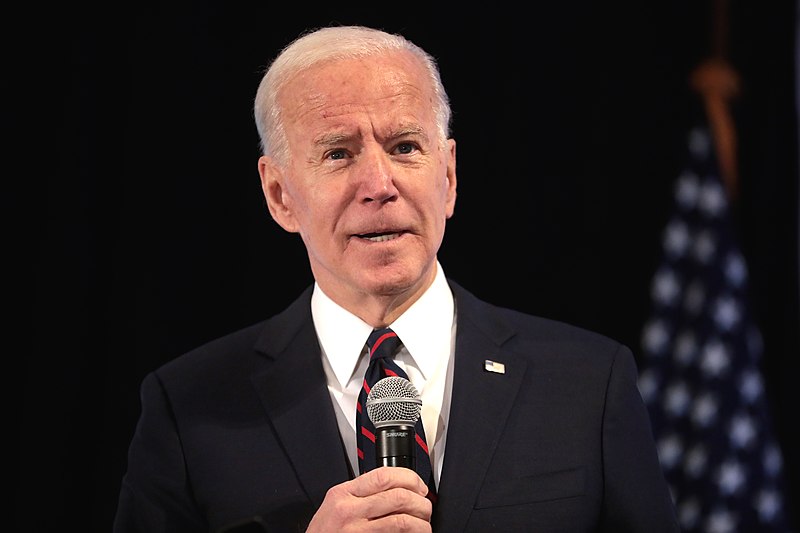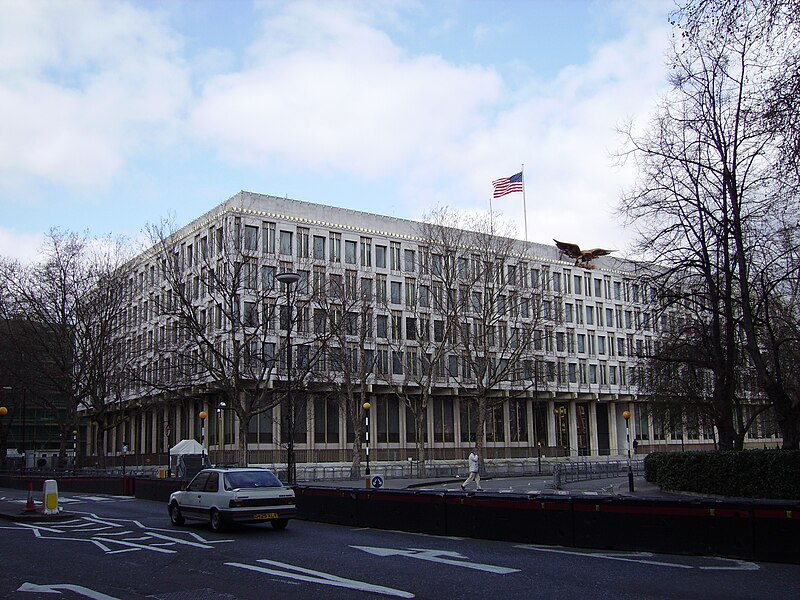
The White House has announced the release of the first-ever U.S. National Strategy to Counter Islamophobia and Anti-Arab Hate, marking a significant step in addressing the bias and
discrimination that Muslim and Arab Americans have faced for decades. This groundbreaking strategy was developed through a collaborative effort involving federal agencies and civil society organizations, aiming to tackle the alarming rise in threats and violence against these communities.
The urgency of this initiative has been underscored by recent events, such as the tragic killing of Wadee Alfayoumi, a six-year-old American Muslim boy of Palestinian descent, in Illinois in October 2023, as well as other violent attacks targeting Muslim and Arab Americans over the past year.
A Comprehensive Plan for Change
The strategy outlines over 100 Executive Branch actions and an equal number of calls to action for all sectors of society. These measures are designed to prevent violence, promote inclusion, and ensure that Muslim and Arab Americans can fully enjoy the rights and opportunities guaranteed by the Constitution. The administration emphasizes the importance of working with governments at all levels, civil society, and private sector partners to create lasting progress.
Background and Priorities
In December 2022, President Biden established an interagency task force to combat antisemitism, Islamophobia, and related forms of bias. This work led to the release of the first National Strategy to Combat Antisemitism in 2023, followed by the development of this new strategy targeting Islamophobia and anti-Arab hate. The strategy focuses on four key priorities:
Raising Awareness and Recognizing Contributions
Muslim and Arab Americans have played an integral role in shaping the nation since its inception. However, they continue to face hate and discrimination fueled by harmful stereotypes and prejudice. The strategy emphasizes the need for better data collection and innovative education efforts to combat these biases and celebrate the rich heritage of these communities.
Enhancing Safety and Security
Ensuring the safety and security of Muslim and Arab Americans is a cornerstone of the strategy. Initiatives include increased funding for nonprofit security, improved access to resources, and measures to address discriminatory travel restrictions and transnational threats like doxing and swatting. The plan also aims to build trust between government agencies and communities to encourage reporting of hate crimes while protecting civil liberties.
Combating Discrimination and Supporting Religious Practices
Discrimination against Muslim and Arab Americans in areas such as education, employment, housing, and healthcare remains a pressing issue. The administration is reinforcing legal protections, enhancing accommodations for religious practices, and offering training and resources to ensure nondiscrimination in federally funded programs.
Fostering Cross-Community Solidarity
The strategy highlights the importance of treating threats to one community as threats to all. By fostering collaboration among diverse faith and belief groups, the administration seeks to build solidarity and promote collective action to counter hate and bigotry nationwide.
A Call for Unity
The administration urges state, local, and international stakeholders, as well as nongovernmental organizations, to adopt similar initiatives. By recognizing shared values, history, and humanity, the strategy aims to promote unity and ensure justice, liberty, and security for all Americans.
This historic effort reflects the Biden-Harris Administration’s commitment to creating a more inclusive and equitable society, where all communities can thrive free from fear and discrimination.
Photo by Gage Skidmore from Surprise, AZ, United States of America, Wikimedia commons.




































































